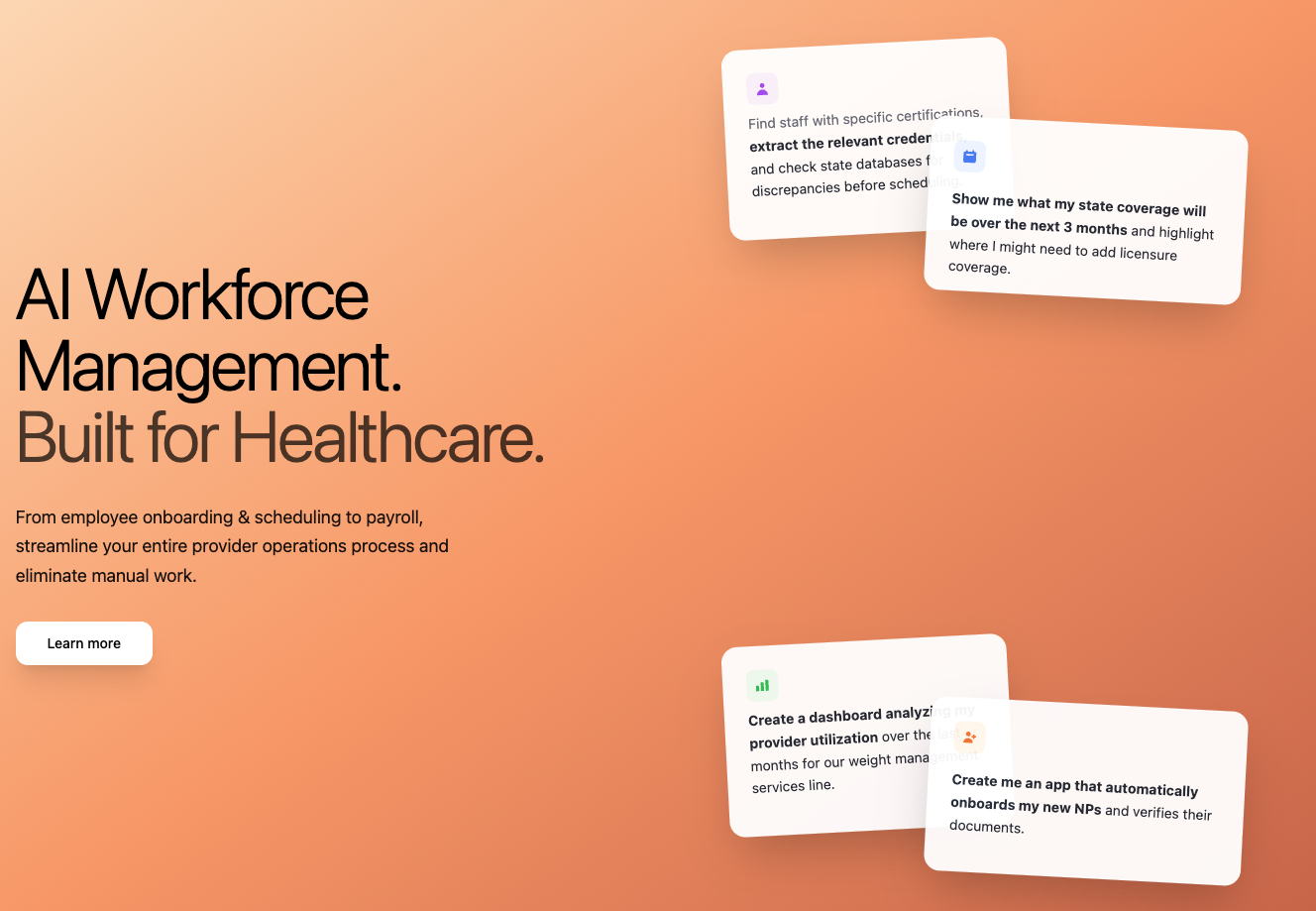A second study, published in Psychological Medicineexamined how childhood trauma influences the relationship between cannabis use and paranoia. Just over half of the participants reported some form of trauma, with physical and emotional abuse emerging as the strongest predictors of later paranoia. Those who reported sexual, emotional, or physical abuse also consumed higher amounts of THC on a weekly basis.
Dr. Giulia Trotta, first author of this study, said:
“This comprehensive study is the first to explore the interaction between childhood trauma, paranoia and cannabis use among cannabis users in the general population. Not only have we established a clear association between trauma and future paranoia, but also that cannabis use may further exacerbate the effects of this, depending on the form the trauma takes.”
Professor Marta Di Forti, lead author of both studies, added: “My experience in the clinic tells me that there are groups of people who start using cannabis as a means of coping with physical and emotional pain. My research has confirmed that this is not without significant additional risks to their health and well-being, and policy makers around the world should be aware of the impact that legalization could have, without public education and health support. “appropriate.”
Together, these studies highlight that both early motivations for cannabis use and experiences of childhood trauma can determine later risks for paranoia and heavy use, underscoring the importance of public health education and early clinical detection.



